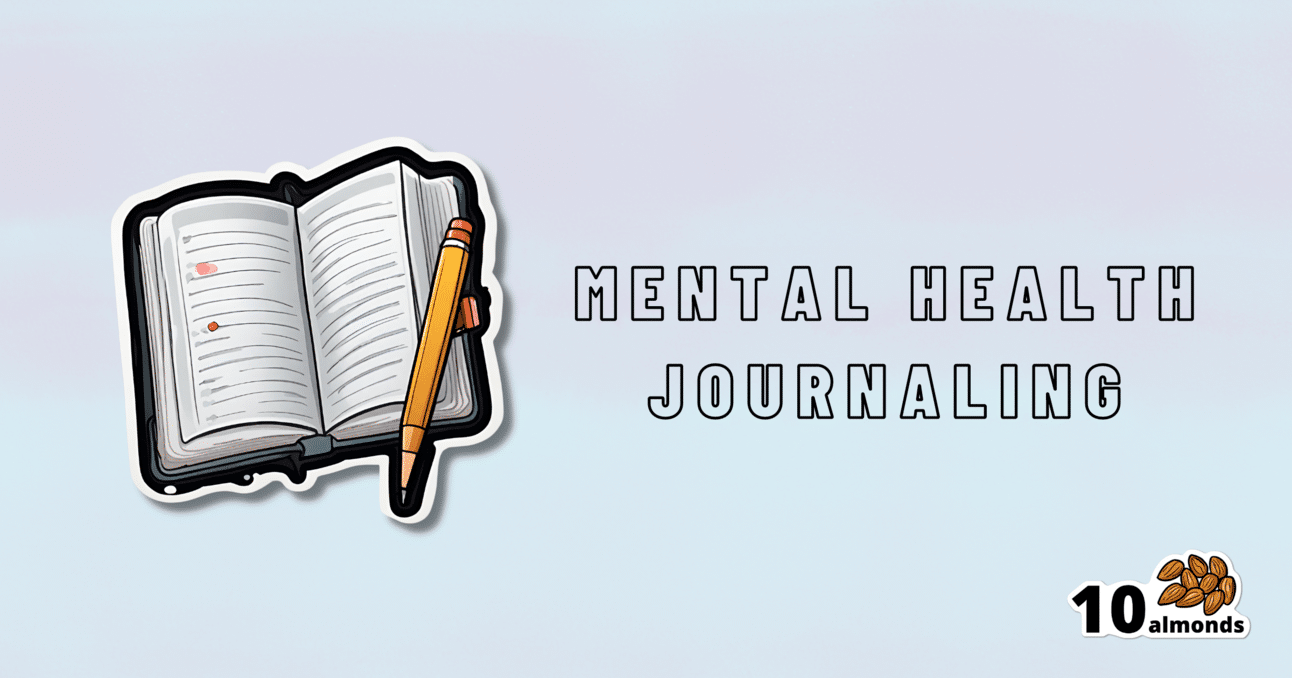The Easiest Way To Take Up Journaling
Expressive writing improves both physical and psychological health. Write about what moves you, whether it’s joyful or painful, and experience the benefits.

Dear Diary…
It’s well-established that journaling is generally good for mental health. It’s not a magical panacea, as evidenced by The Diaries of Franz Kafka for example (that man was not in good mental health). But for most of us, putting our thoughts and feelings down on paper (or the digital equivalent) is a good step for tidying our mind.
And as it can be said: mental health is also just health.
But…
What to write about?
It’s about self-expression (even if only you will read it), and…
❝Writing about traumatic, stressful or emotional events has been found to result in improvements in both physical and psychological health, in non-clinical and clinical populations.
In the expressive writing paradigm, participants are asked to write about such events for 15–20 minutes on 3–5 occasions.
Those who do so generally have significantly better physical and psychological outcomes compared with those who write about neutral topics.❞
Source: Emotional and physical health benefits of expressive writing
In other words, write about whatever moves you.
Working from prompts
If you read the advice above and thought “but I don’t know what moves me”, then fear not. It’s perfectly respectable to work from prompts, such as:
- What last made you cry?
- What last made you laugh?
- What was a recent meaningful moment with family?
- What is a serious mistake that you made and learned from?
- If you could be remembered for just one thing, what would you want it to be?
In fact, sometimes working from prompts has extra benefits, precisely because it challenges us to examine things we might not otherwise think about.
If a prompt asks “What tends to bring you most joy recently?” and the question stumps you, then a) you now are prompted to look at what you can change to find more joy b) you probably wouldn’t have thought of this question—most depressed people don’t, and if you cannot remember recent joy, then well, we’re not here to diagnose, but let’s just say that’s a symptom.
A quick aside: if you or a loved oneare prone to depressive episodes, here’s a good resource, by the way:
The Mental Health First-Aid That You’ll Hopefully Never Need
And in the event of the mental health worst case scenario:
The six prompts we gave earlier are just ideas that came to this writer’s mind, but they’re (ok, some bias here) very good ones. If you’d like more though, here’s a good resource:
550+ Journal Prompts: The Ultimate List
The Good, The Bad, and The Ugly
While it’s not good to get stuck in ruminative negative thought spirals, it is good to have a safe outlet to express one’s negative thoughts/feelings:
Remember, your journal is (or ideally, should be) a place without censure. If you fear social consequences should your journal be read, then using an app with a good security policy and encryption options can be a good idea for journaling
Finch App is a good free option if it’s not too cutesy for your taste, because in terms of security:
- It can’t leak your data because your data never leaves your phone (unless you manually back up your data and then you choose to put it somewhere unsafe)
- It has an option to require passcode/biometrics etc to open the app
As a bonus, it also has very many optional journaling prompts, and also (optional) behavioral activation prompts, amongst more other offerings that we don’t have room to list here.
Take care!
Share This Post
Learn To Grow
Sign up for weekly gardening tips, product reviews and discounts.




